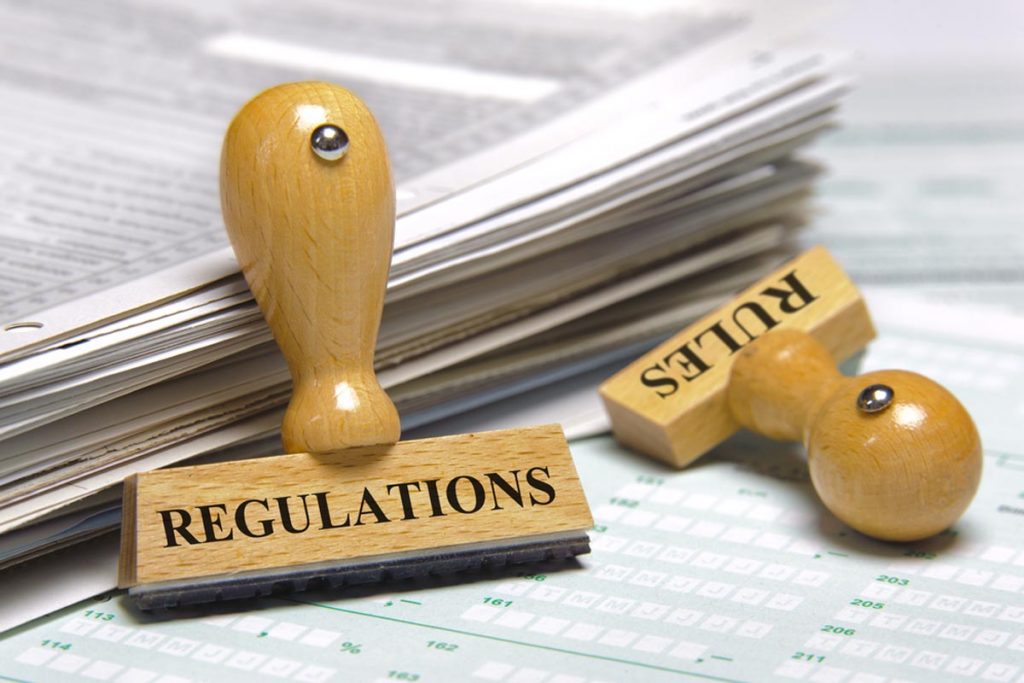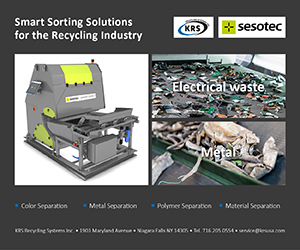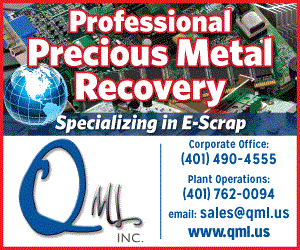
New York State officials believe upcoming e-scrap program regulations may raise recycling program costs for electronics manufacturers. | Wolfilser/Shutterstock
The state of New York adopted regulations that officials say will improve e-scrap recycling opportunities and collection statewide, possibly at manufacturers’ expense.
The New York State Department of Environmental Conservation (NYSDEC) in February published the final regulations, which clarify and help implement the state’s 12-year-old extended producer responsibility (EPR) law. NYSDEC noted the regulations in a March 31 press release.
The regulations, which go into effect on Jan. 1, 2023, cover a number of facets of the state’s Electronic Equipment Recycling and Reuse Act. The act covers computers, computer peripherals and small electronic equipment.
State regulators say electronics manufacturers are not absorbing all costs of the collection and recycling program, as the law intended. As a result, costs for managing e-scrap are passed on to recyclers, municipalities and consumers.
Among the provisions, the new rules “strengthen the requirements for manufacturers’ responsibility for all costs associated with the implementation of their acceptance programs,” according to a summary document.
“The regulations clarify and strengthen requirements for the provision of a free and convenient acceptance program to consumers as originally intended by the Act, which may result in increased cost to manufacturers,” according to the summary. “Manufacturers and collectives will be required to enhance their acceptance programs in all the following areas: mail-back, convenience, public education and outreach.”
Specifically, when mail-back programs are not convenient for consumers or have weight or size restrictions, manufacturers will be required to offer an additional acceptance method, such as pick-up, a permanent collection site or collection events, according to the regulations impact summary.
Collectors and processors also affected
The regulations also affect other stakeholders, including e-scrap collectors and processors. For example, the regulations expand security requirements meant to avoid the vandalism or theft of devices at collection locations, and they require additional training for collection site personnel on how to handle potentially hazardous materials.
Additionally, processing facilities will be required to arrange a financial assurance to pay to clean up their facilities in the event the company fails and abandons a site, according to the rules. The costs of doing so are expected to vary considerably based on the size of the facility, throughput, type of processing and more.
“Facilities maintaining third-party certification may already have a closure plan in place and would incur no additional costs,” according to a financial impact estimate. “Those facilities without third-party certification will need to develop a closure plan, the costs for which will vary based on the scope of facility operations.”
NYSDEC held a public comment period last year on the draft regulations. Among the commenters were a number of OEMs, industry associations, municipalities and electronics recycling companies, including ERI, Sunnking and EWASTE+.
More stories about regulation/oversight
- CA starts OEM requirements for battery-containing devices
- Wisconsin E-Cycle report reflects increasing access
- Illegal e-scrap imports blocked in Malaysia, Thailand



